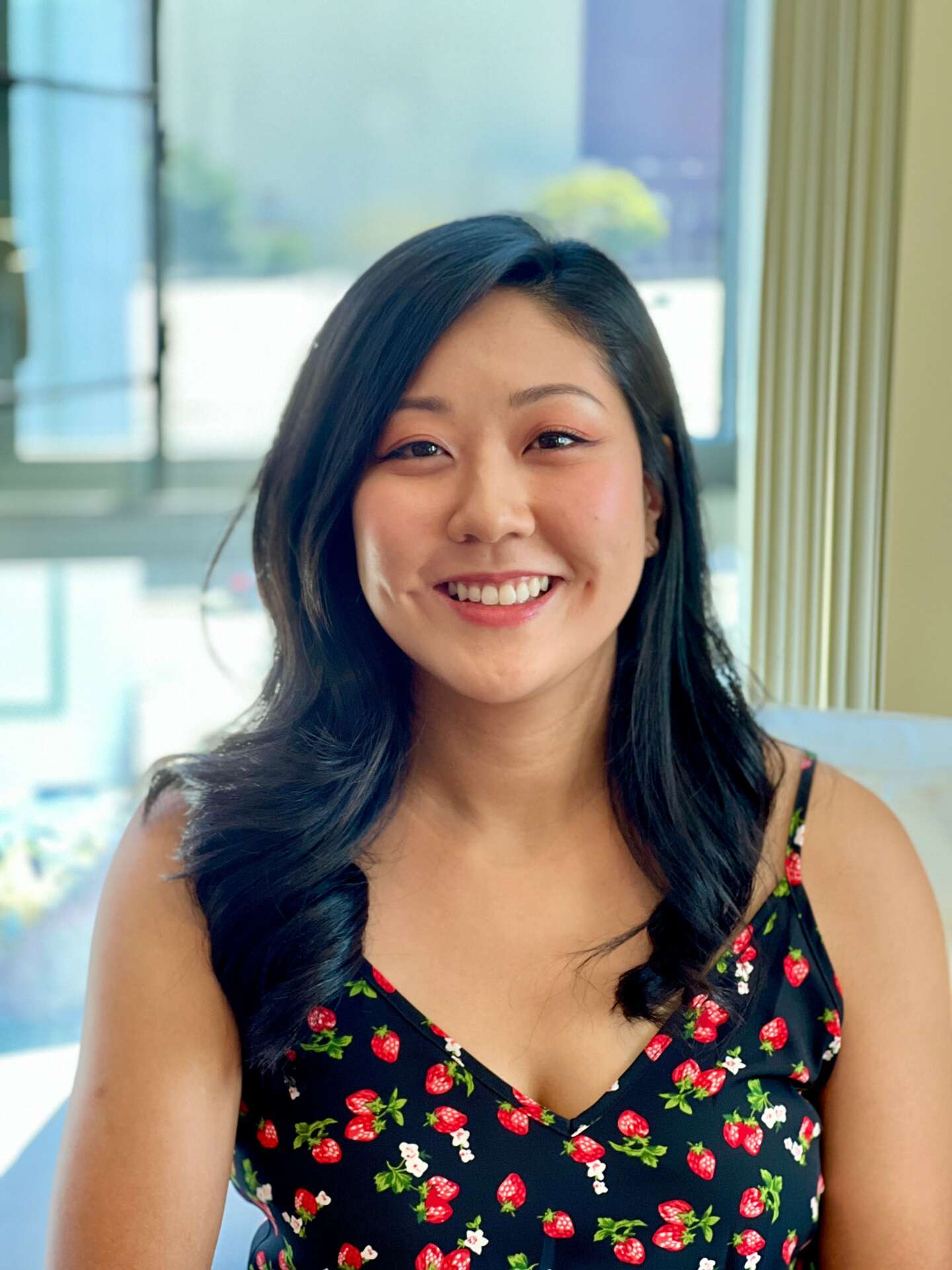We recently connected with Jennifer Goto and have shared our conversation below.
Hi Jennifer, thanks for joining us today. Let’s jump right into how you came up with the idea?
Love, Ghostie was heavily inspired by the Fire Emblem series. On the surface, it might be hard to tell what could be similar between a colorful, cute game where you play as a ghost matchmaker to something like Fire Emblem, a tactical role-playing game often themed around war and combat. However, it’s much more similar than it seems.
In Fire Emblem, you have a team of characters that you fight alongside, and a way to increase the bonds between your teammates is to increase their support levels. This results in a combat bonus, but more importantly, it unlocks support conversations between the two characters. Each of these conversations feature unique dialogue per pair and sometimes, you can even create romantic couples.
There’s a huge community around Fire Emblem and you can see people discussing their favorite couples or “ships” from various games or creating fanart of these couples. I noticed others (myself included!) mostly caring about all the support conversations. Fire Emblem’s strength is the variety and depth of each character and witnessing how much they grow as the story progresses. There’s so much focus on the characters and the “shipping” aspect of the game, so I wondered if there was something there.
Even for those not familiar with Fire Emblem, we see “shipping” happen all the time with movies and TV. There’s always that couple we’re rooting for to get together in a show and there aren’t many games out there that let you play as a matchmaker. It’s a unique idea that hasn’t been fully explored yet, and it serves a niche audience that craves for more of this content.
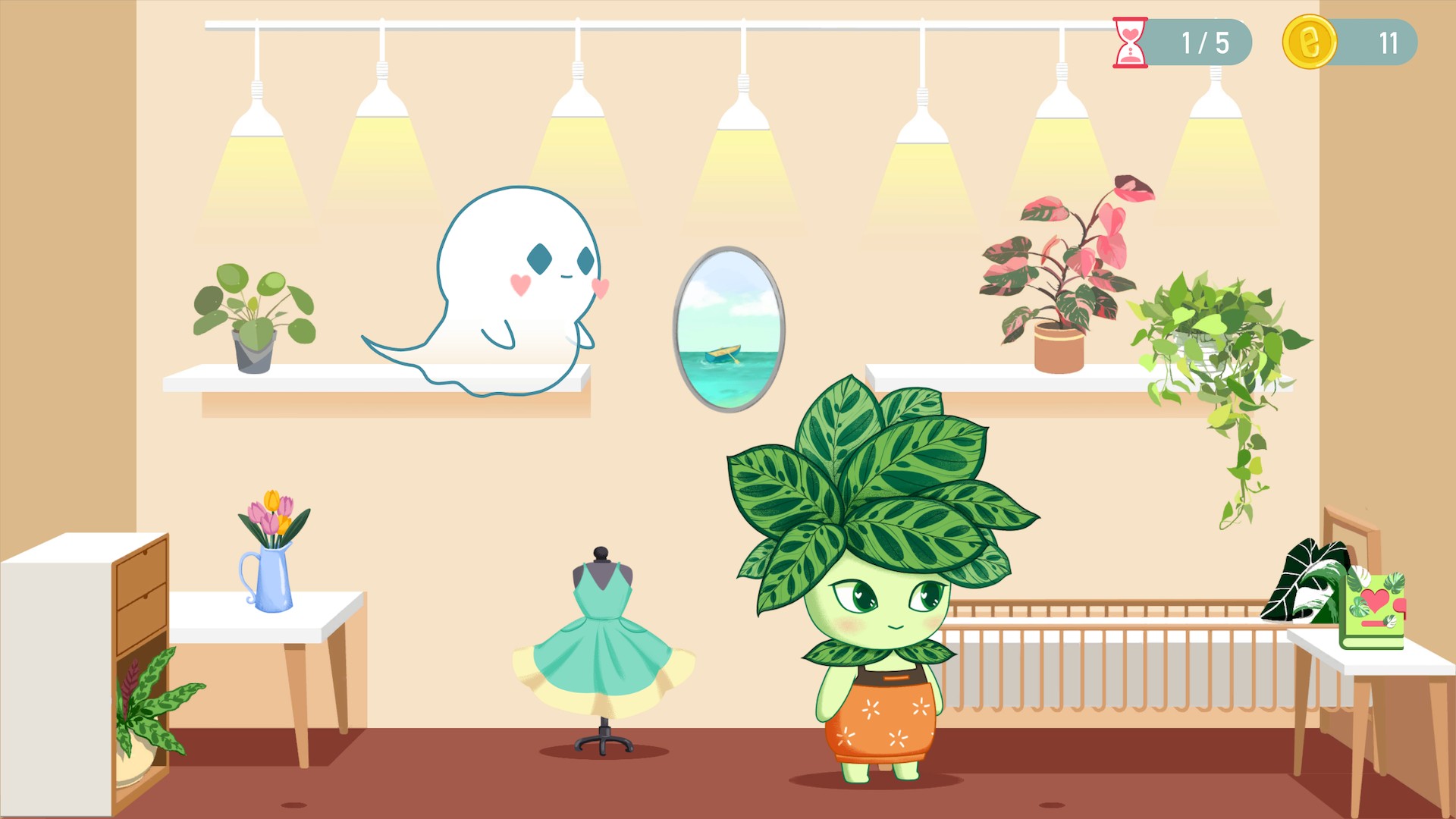
As always, we appreciate you sharing your insights and we’ve got a few more questions for you, but before we get to all of that can you take a minute to introduce yourself and give our readers some of your back background and context?
I started off with game development when I was in college. I took a couple game design courses, which is where I got my first taste of indie game development. I was super proud of what my team had made in college and always knew that I wanted to pursue indie game development one day.
I majored in Computer Science and started off my career as a software engineer. As the years went by, I decided to jump into the gaming industry and worked for a mobile game company for 4 years. I learned a lot during my time there and learned a lot about the development cycle of a game from the beginning to launch. During the pandemic, I re-evaluated what I wanted to pursue in my life and decided it was time to leave my job. I thought about indie game development, and I figured that this was the best time to try it out.
Since then, I’ve been working on Love, Ghostie – a game where you play as a ghost matchmaker. The game is set to release in 2024, but there’s a demo available to play on Steam. I’m so proud of the project so far, and I can’t wait for everyone to experience the full release!

What’s the most rewarding aspect of being a creative in your experience?
The most rewarding aspect of being a creative is watching people genuinely enjoy your work. The Love, Ghostie demo was publicly released in May 2023, but before then, any playtesting was done internally. Even though I had done lots of testing before the demo went live, I was still a bit hesitant because I wasn’t sure how well the game would be received. Fortunately, the demo has gotten so much love and it makes me so happy to watch streams of people playing the game, laughing with the jokes, and falling in love with the characters. The feedback I’ve gotten from the demo has been so heartwarming, and it’s so fulfilling to hear directly from players about how much they enjoy it and how excited they are for the full release.
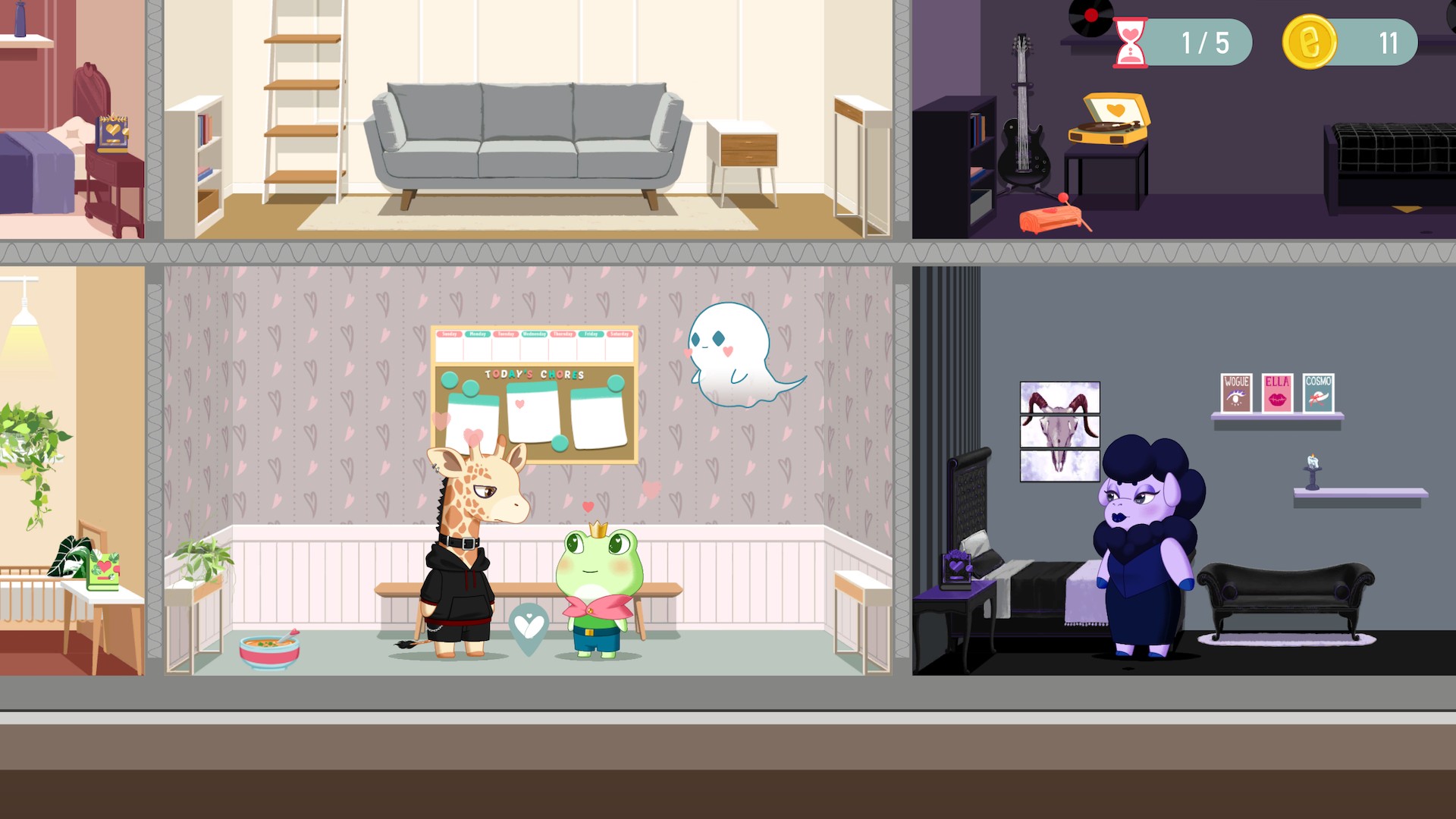
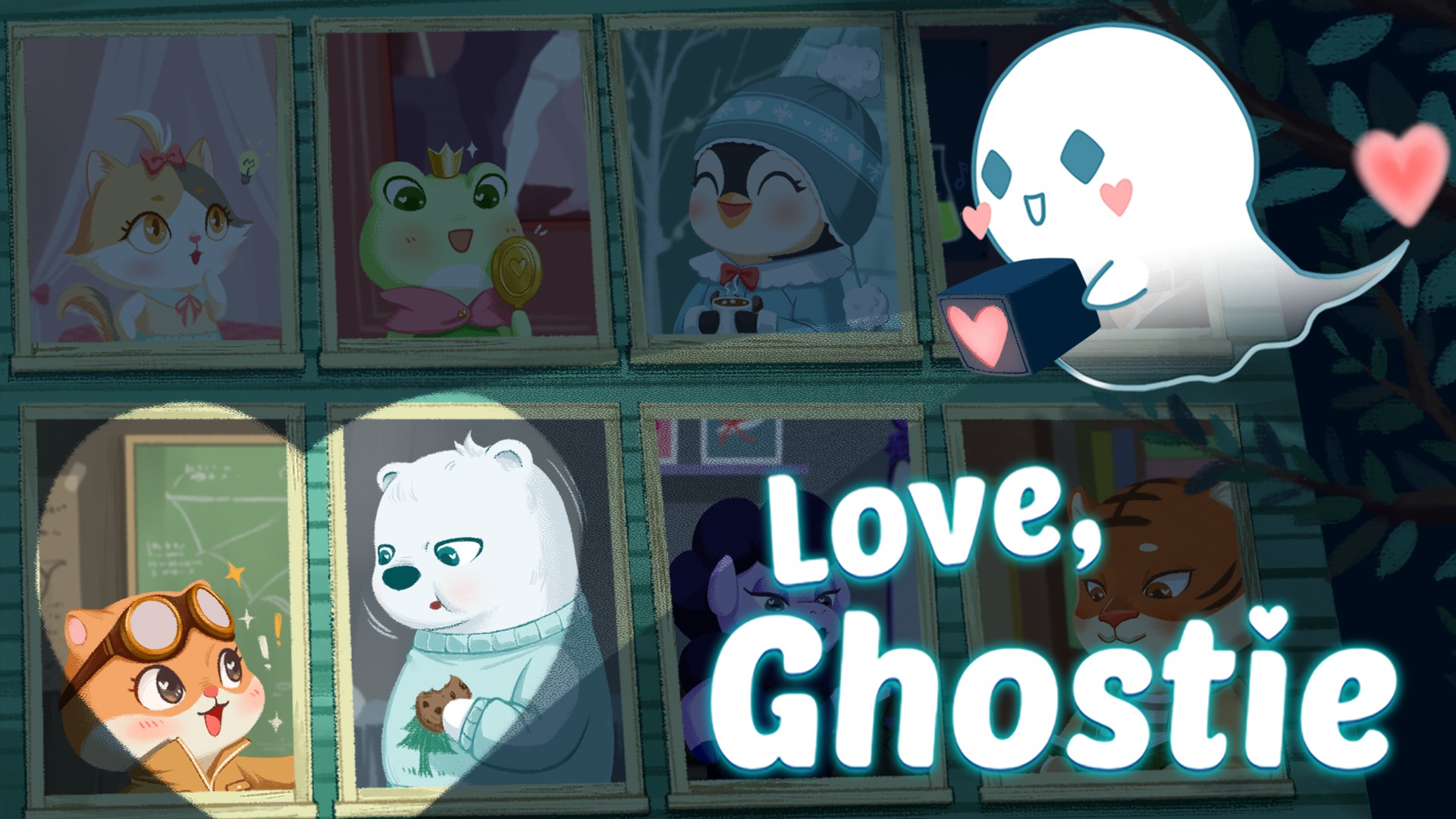
Is there something you think non-creatives will struggle to understand about your journey as a creative?
The journey of working on a creative project is a long one and progress is never linear. Creativity comes in bursts and there’s always room for iteration and improvement. Games take so much work, and non-creatives will wonder why games take so long to make and why games are delayed so often. In game development, it can take so much iteration just to get a simple menu to be intuitive to use. There are so many small things that many players take for granted that add to the overall experience, but they take a lot longer to create than one might expect.
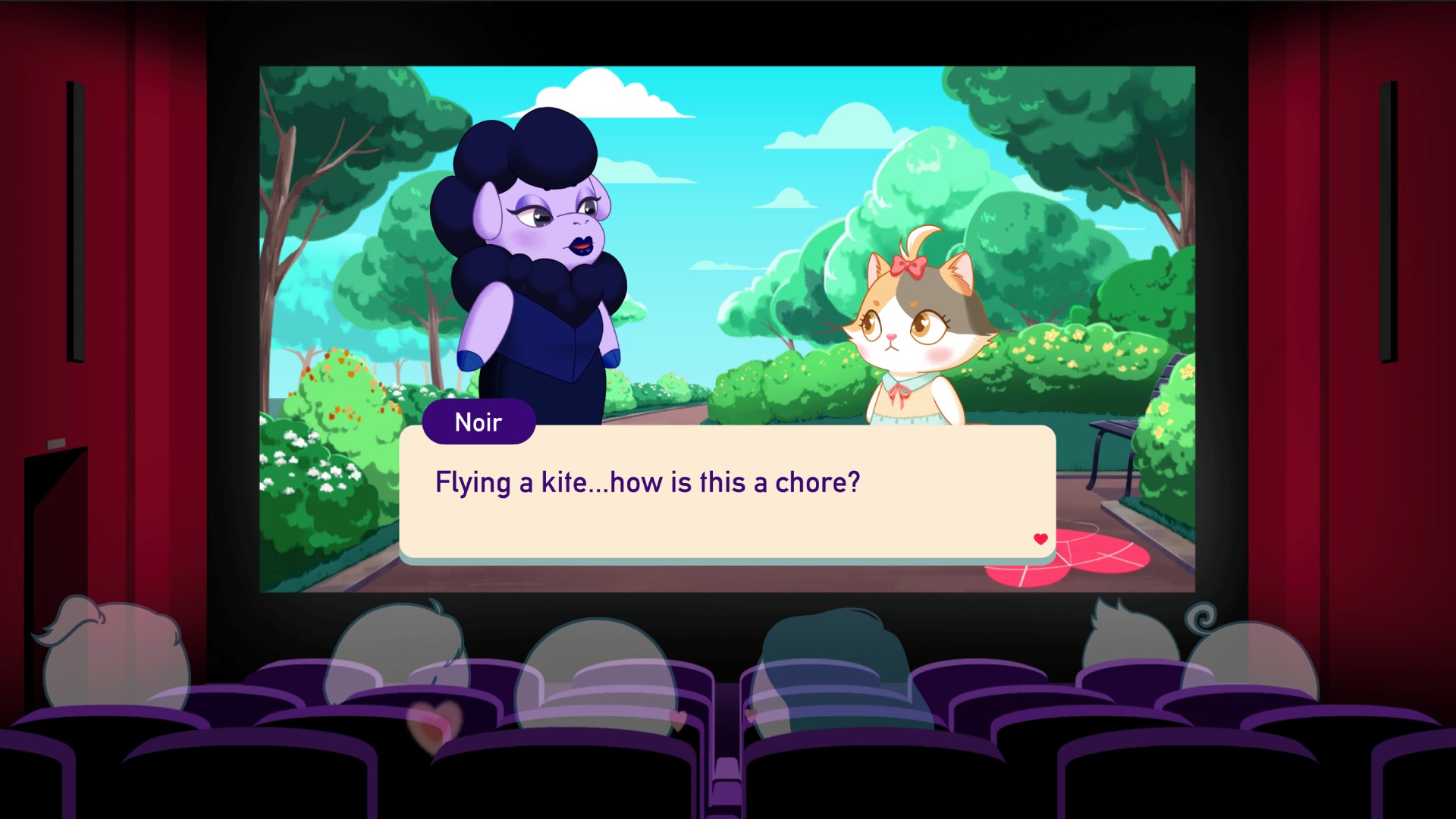
Contact Info:
- Website: https://www.janbehgames.com/
- Instagram: https://www.instagram.com/janbehchanbeh/
- Twitter: https://twitter.com/janbehchanbeh
- Other: https://www.tiktok.com/@janbehchanbeh


